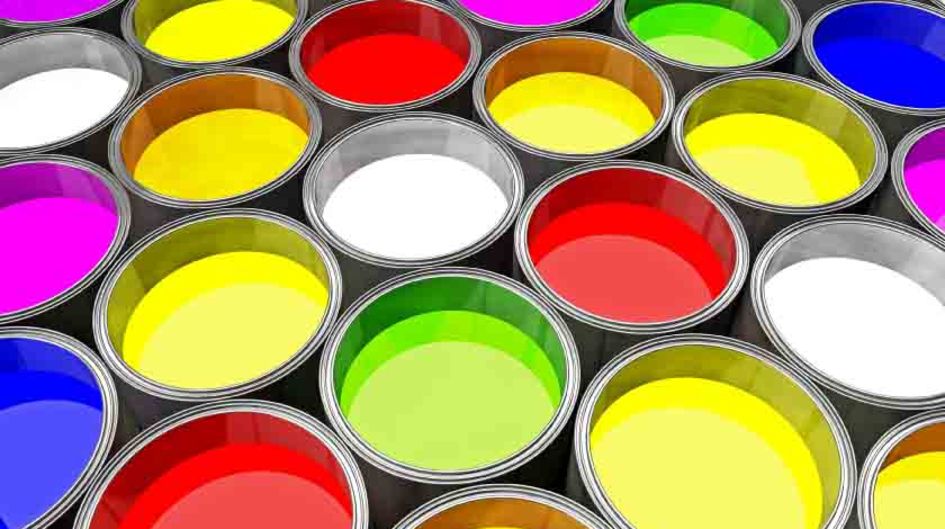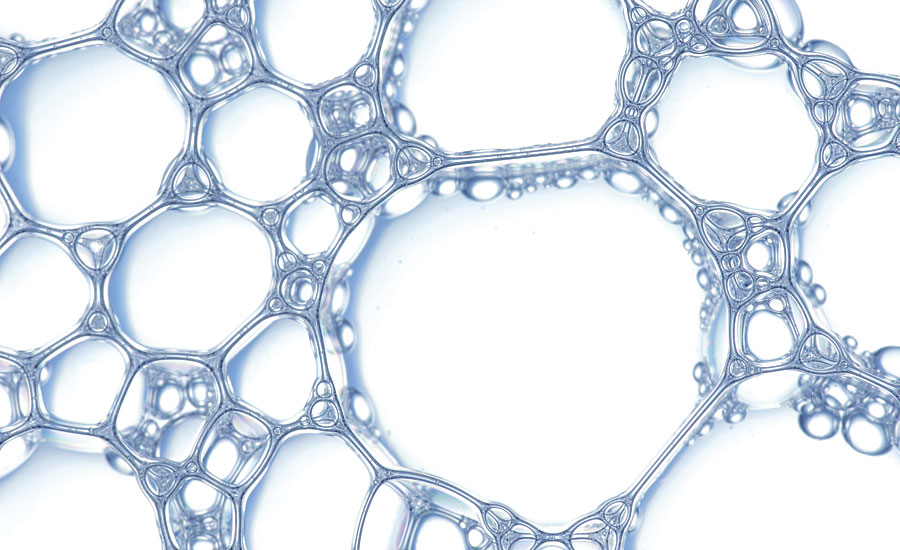How Defoamers Improve Product Quality and Reduce Waste in Production
How Defoamers Improve Product Quality and Reduce Waste in Production
Blog Article
The Function of Defoamers in Enhancing Product Quality and Performance
Defoamers serve as crucial additives that minimize this issue, making certain smoother production workflows while improving the visual and functional qualities of the last products. The option of the ideal defoamer can be vital to achieving ideal results, increasing important inquiries regarding formulation compatibility and efficiency metrics that merit further expedition.
Understanding Defoamers
Recognizing the role of defoamers is crucial for preserving product quality throughout various industries. Defoamers are chemical ingredients made to stop the development and reduce of foam in liquid systems, which can negatively affect procedures such as blending, filling, and surface area stress. Lathering can lead to inadequacies, product defects, and endangered aesthetic allure, making defoamers an essential component in producing procedures.
In industrial applications, defoamers help to improve product uniformity and security. In the paint and coverings market, foam can conflict with the application process and the final coating. In food and drink production, too much foam can impede bottling and packaging efficiency. The efficient use defoamers not just makes certain smoother production processes but additionally adds to exceptional item performance.
Furthermore, the selection and solution of a defoamer need to straighten with certain application demands, such as compatibility with other active ingredients, efficiency under varying temperature level and pH problems, and prospective regulatory constraints. Ultimately, comprehending defoamers' functions and their importance in numerous formulas is important for maximizing production and guaranteeing the finest final product.
Sorts Of Defoamers
Defoamers can be categorized into numerous kinds based on their structure and device of activity. The primary types include silicone-based, non-silicone organic, and not natural defoamers.
Silicone-based defoamers are amongst one of the most effective, mainly because of their capacity to spread out quickly on the liquid surface area and interfere with foam development. Their unique chemical structure permits premium stability, making them ideal for high-temperature applications and environments with varying pH degrees.
Non-silicone natural defoamers, frequently composed of all-natural oils or fats, are valued for their biodegradability and lower poisoning. These are normally utilized in food and drink applications where safety and security and environmental influence are critical.
Not natural defoamers, which include compounds like talc or calcium carbonate, act by increasing the thickness of the liquid, thus decreasing foam stability. They are commonly used in industrial processes where compatibility with other materials is not a concern.
Each type of defoamer has distinctive benefits and constraints, permitting for customized services depending upon the particular foaming problems come across in numerous applications. Recognizing these distinctions is critical for maximizing efficiency and achieving preferred item high quality.
Applications Throughout Industries
Countless industries take advantage of defoamers to boost item quality and operational performance. In the food and beverage sector, defoamers are important in procedures such as brewing and dairy manufacturing to avoid foam formation, which can bring about ineffectiveness and product incongruity. By managing foam, manufacturers can guarantee better return and a more consistent product.
In the pharmaceutical sector, defoamers play an important duty in the formula of fluid medicines, where too much foam can hamper blending and precise dosing. Their usage helps maintain the honesty of the solutions and promotes smoother manufacturing procedures.
The paint and coverings industry likewise depends on defoamers to improve the efficiency of products throughout application. By decreasing foam, these additives ensure a smoother coating and enhance the visual high qualities of the last item.

Advantages of Utilizing Defoamers
While the application of defoamers varies across markets, their advantages continually enhance product high quality and procedure effectiveness. One considerable advantage is the reduction of foam formation during manufacturing procedures, which can or else cause manufacturing delays and disparities in product top quality. By minimizing foam, defoamers enable a smoother circulation of products, promoting extra efficient operations and decreasing the chance of tools malfunctions.
Furthermore, using defoamers can improve the look and texture of final products. In sectors such as finishes, paints, and food processing, extreme foam can compromise the visual aesthetic appeals and overall top quality, while the appropriate defoamer application ensures an uniform surface and desirable characteristics. Defoamers can contribute to set you back financial savings by decreasing waste throughout manufacturing and enhancing the usage of raw materials.

Selecting the Right Defoamer
Selecting the right defoamer is important for maximizing manufacturing procedures and making sure item top quality. The choice of defoamer influences not only the efficiency of foam control however also the overall performance qualities of the final product. Elements to think about include the type of application, the chemistry of the formulation, and the environmental conditions under which the product will be used.
Different sectors may site here require specific defoamer types, such as silicone-based, natural, or polymeric defoamers. Recognizing the compatibility of the defoamer with the key active ingredients is essential to avoid adverse responses that can endanger item honesty. Furthermore, the defoamer's efficiency in different temperatures and pH levels must be evaluated to ensure consistent performance.
Evaluating the defoamer in small applications can offer beneficial understandings into its performance and viability. Factor to consider of governing compliance, especially in food, drugs, and cosmetics, is paramount in picking a defoamer. Eventually, a comprehensive assessment of these aspects will bring about the choice of a defoamer that not just controls foam successfully yet likewise boosts the high quality and efficiency of the end product.
Verdict

In verdict, defoamers are important additives that dramatically boost product quality and efficiency throughout numerous sectors. The calculated choice and application of defoamers lead to cost savings, optimized resource usage, and raised consumer fulfillment.
Lathering can lead to ineffectiveness, item issues, and compromised visual allure, making defoamers a critical component in making procedures.

Report this page